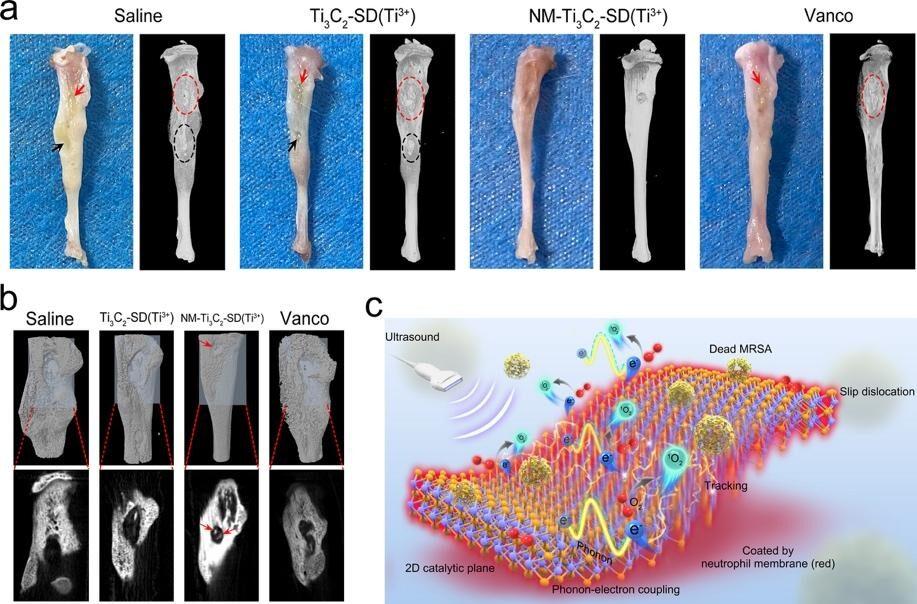Many people believe that “eating well, three meals a day” is a good habit for healthy longevity. However, monks have a saying “do not eat after noon.” Restricting appetite helps to practice meditation and maintain good health.
In recent years, many pieces of research undertaken by scientists on “caloric restriction” have confirmed that reducing daily energy intake can not only extend the health cycle of the human being, slow down the speed of aging, but also provide better treatment effects for many metabolic diseases such as diabetes, hypertension, and obesity. The intracellular autophagy mechanism may be involved in related regulation.





